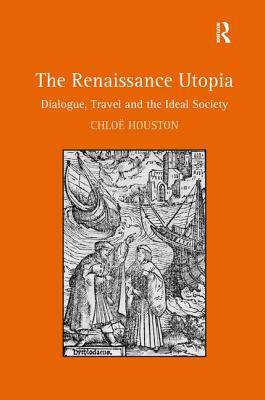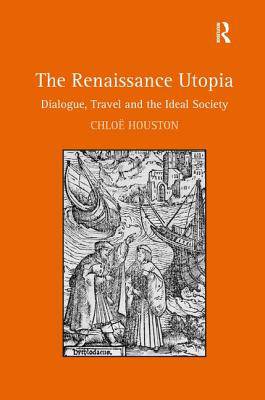
Bedankt voor het vertrouwen het afgelopen jaar! Om jou te bedanken bieden we GRATIS verzending (in België) aan op alles gedurende de hele maand januari.
- Afhalen na 1 uur in een winkel met voorraad
- In januari gratis thuislevering in België
- Ruim aanbod met 7 miljoen producten
Bedankt voor het vertrouwen het afgelopen jaar! Om jou te bedanken bieden we GRATIS verzending (in België) aan op alles gedurende de hele maand januari.
- Afhalen na 1 uur in een winkel met voorraad
- In januari gratis thuislevering in België
- Ruim aanbod met 7 miljoen producten
Zoeken
€ 290,45
+ 580 punten
Uitvoering
Omschrijving
A study of European utopias in context from the early years of Henry VIII's reign to the Restoration, this book is the first comprehensive attempt since J. C. Davis' Utopia and the Ideal Society (1981) to understand the societies projected by utopian literature from Thomas More's Utopia (1516) to the political idealism and millenarianism of the mid-seventeenth century. Where Davis concentrated on understanding utopias historically, Renaissance Utopia also seeks to make sense of utopia as a literary form, offering both a new typology of utopia and a new history of European humanist utopianism. This book examines how the utopia was transformed from an intellectual exercise in philosophical interrogation to a serious means of imagining practical social reform. In doing so it argues that the relationship between Renaissance utopia and Renaissance dialogue is crucial; the utopian mode of discourse continued to make use of aspects of dialogue even when the dialogue form itself was in decline. Exploring the ways in which utopian texts assimilated dialogue, Renaissance Utopia complements recent work by historians and literary scholars on early modern communities by providing a thorough investigation of the issues informing a way of modelling a very particular community and literary mode - the utopia.
Specificaties
Betrokkenen
- Auteur(s):
- Uitgeverij:
Inhoud
- Aantal bladzijden:
- 198
- Taal:
- Engels
Eigenschappen
- Productcode (EAN):
- 9781472425034
- Verschijningsdatum:
- 28/06/2014
- Uitvoering:
- Hardcover
- Formaat:
- Genaaid
- Afmetingen:
- 156 mm x 234 mm
- Gewicht:
- 458 g

Alleen bij Standaard Boekhandel
+ 580 punten op je klantenkaart van Standaard Boekhandel
Beoordelingen
We publiceren alleen reviews die voldoen aan de voorwaarden voor reviews. Bekijk onze voorwaarden voor reviews.









